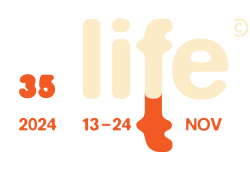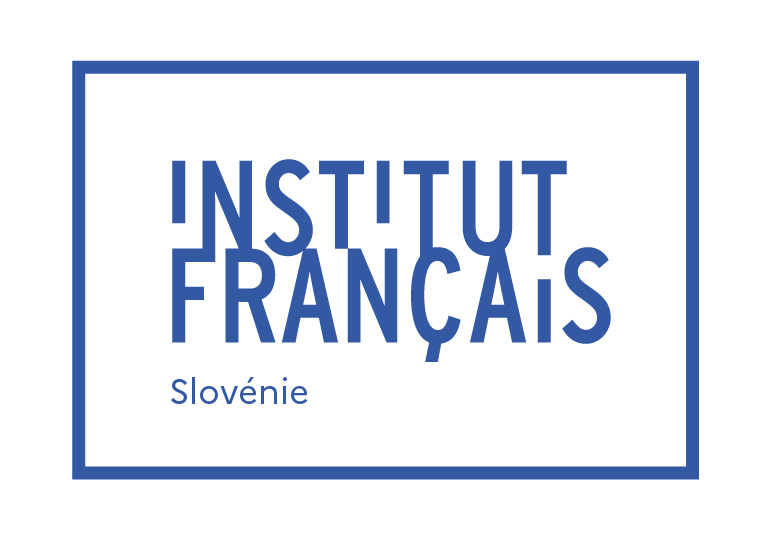RETROSPECTIVE
Costa-Gavras, The Essence of European Political Cinema
- FOREWORD into RETROSPECTIVE
After last year's retrospective dedicated to Italian political cinema, it seems necessary, in the wake of the resurgence of right-wing populism, to give space to critical voices of the liberal currents that have been quick to respond to the political upheavals since the mid-1960s. If Italian cinema politico was a foretoken of collective resistance against Italy's pressing issues or European colonial narratives, Costa-Gavras' filmography reflected the universal critical stance of an internationalist perfectly at home in various genres and production contexts; He has worked all over Europe and in Hollywood, tapped into the genres of political thriller and socio-critical drama, and even made one of the most original and adventurously inspired film about Resistance fighters (Shock Troops, 1966), set in France during World War II.
It can be said that Costa-Gavras is a leftist at heart, he problematised the brutality of the military junta in his home country (Z, 1969), the Soviet invasion of Czechoslovakia (The Confession, 1970), the military coup d'état in Uruguay (State of Siege, 1973), the overthrow of Allende and the establishment of Pinochet's regime in Chile (Missing, 1982), and the Vatican turning a blind eye to the Holocaust (Amen., 2002). He returned to his native country in 2019 to shoot Adults in the Room, a dramatization of the 2015 Greek economic crisis, based on the book by Greece’s former Finance Minister, Yanis Varoufakis. According to The Guardian, the book is “one of the greatest political memoirs ever, the inside story of high politics told by an outsider. Varoufakis gives one of the most accurate and detailed descriptions of modern power (political and financial) ever written.”
Simon Popek
With the support of the French Institute of Slovenia and the IF Cinéma platform.

